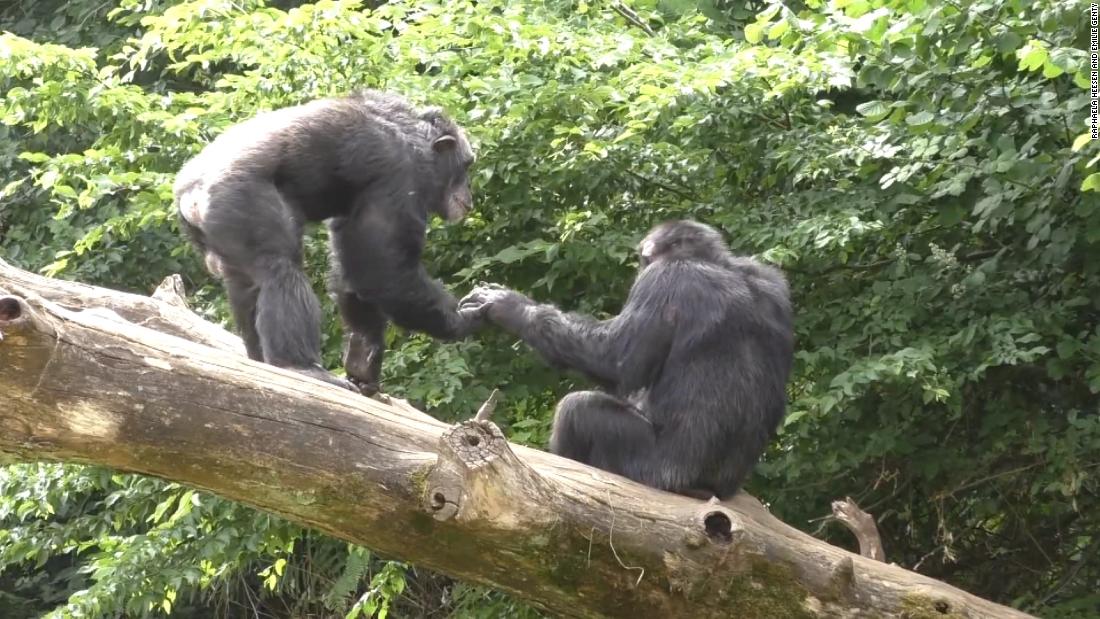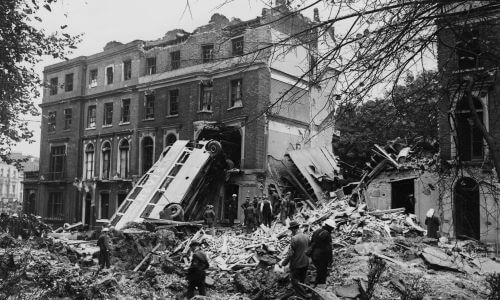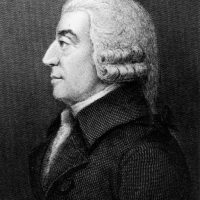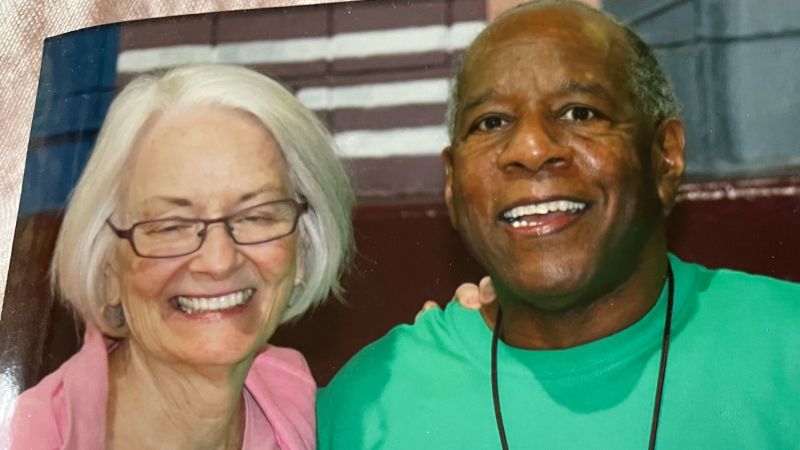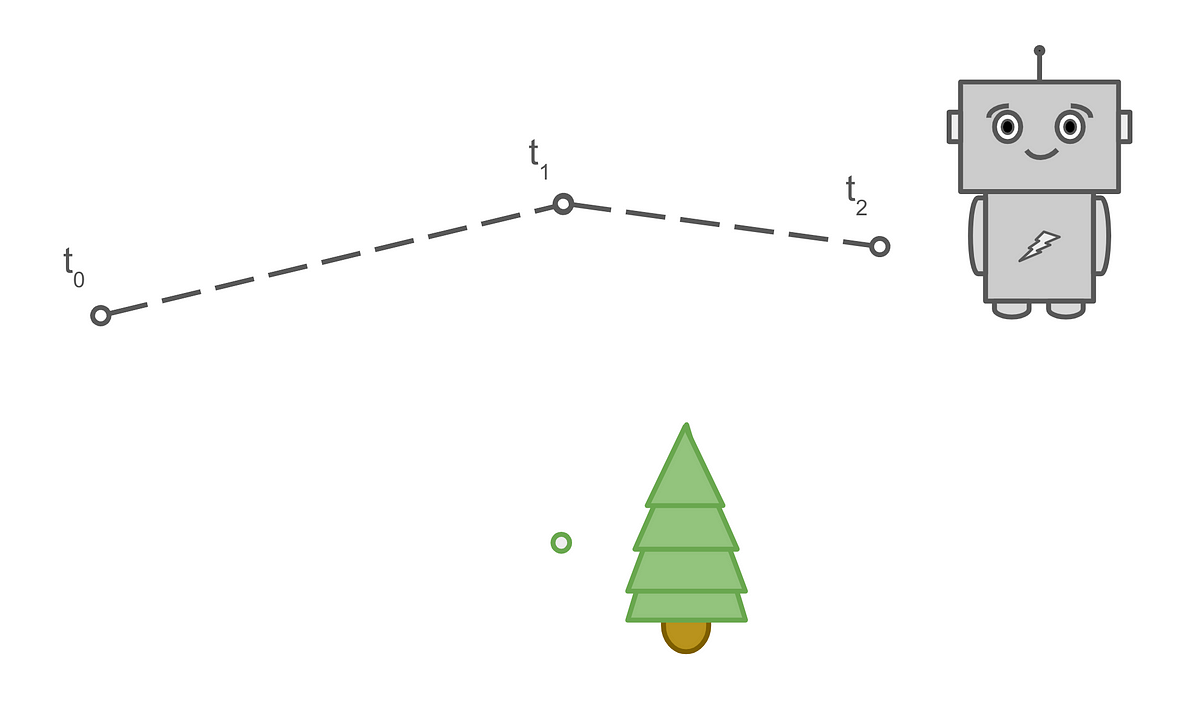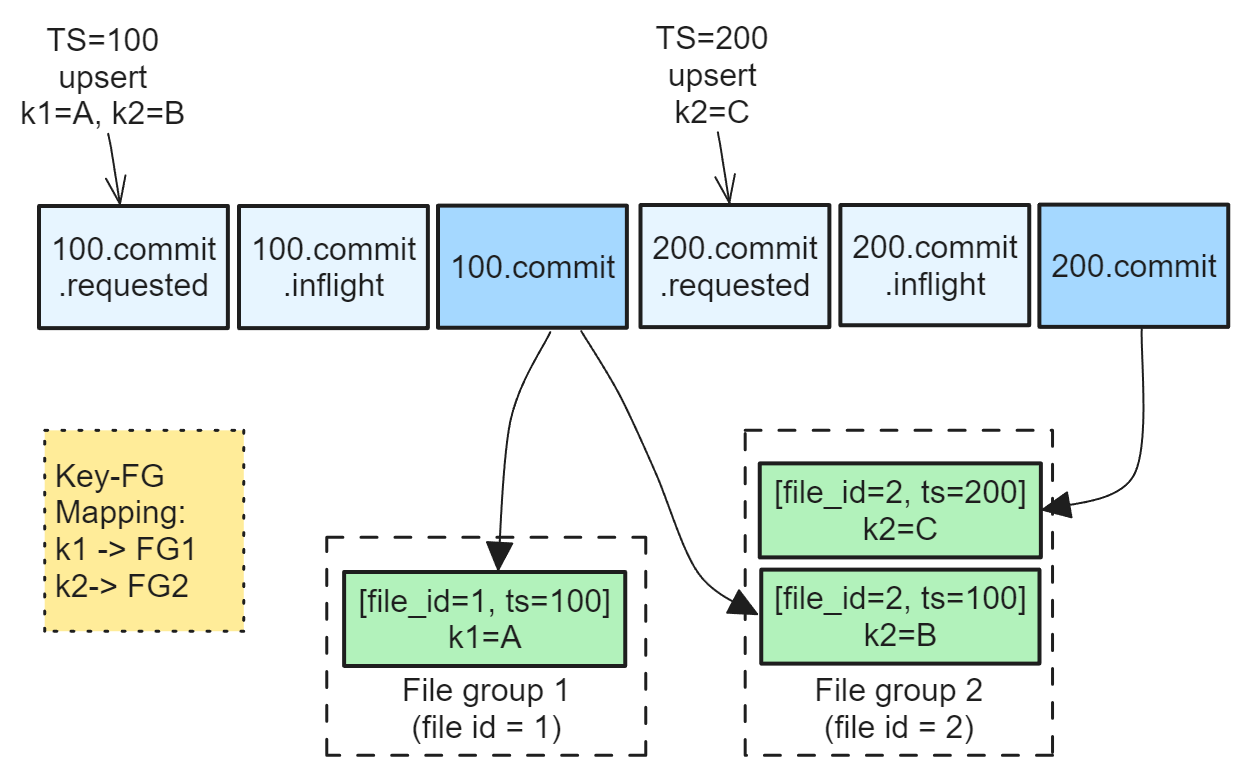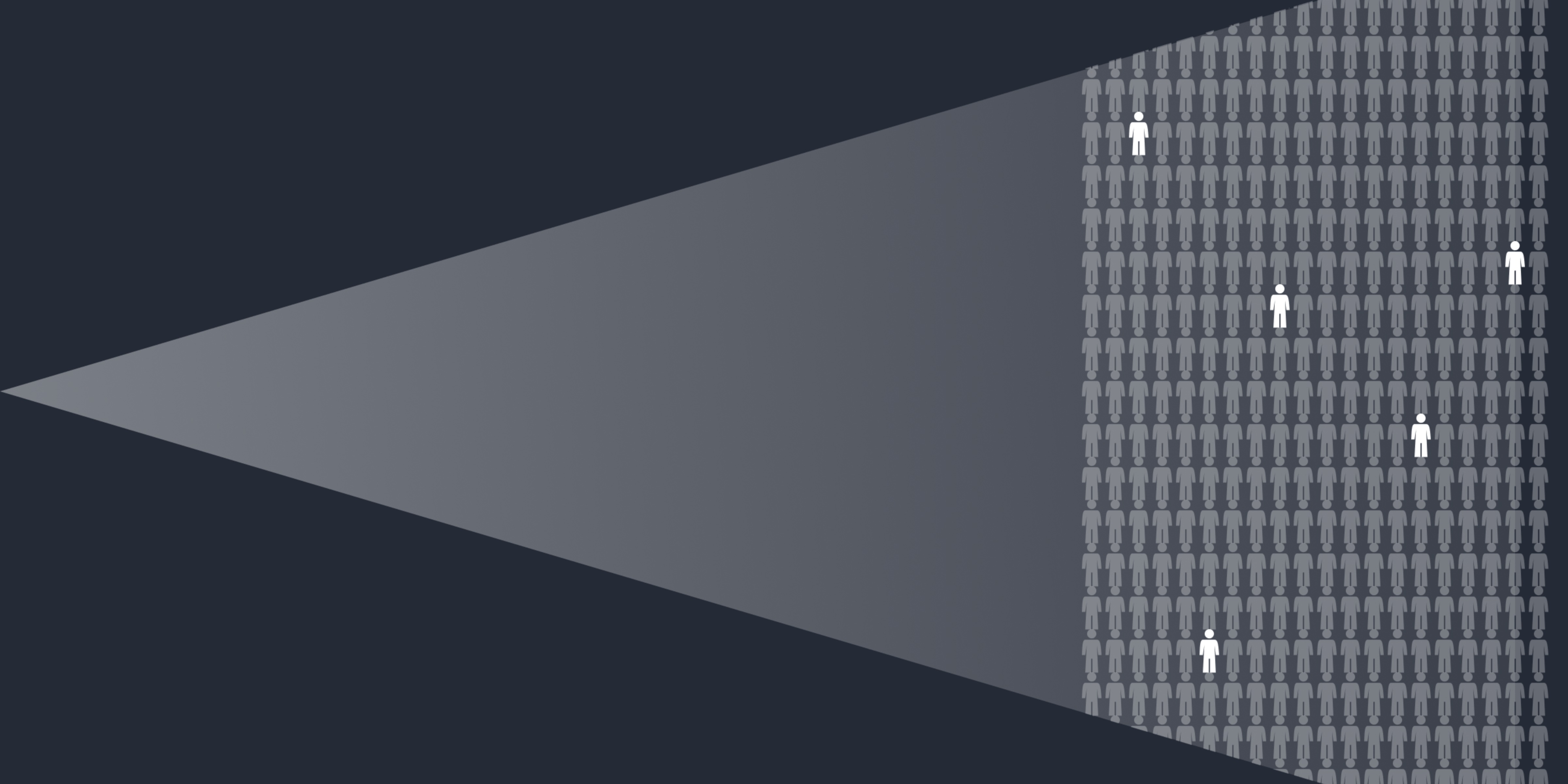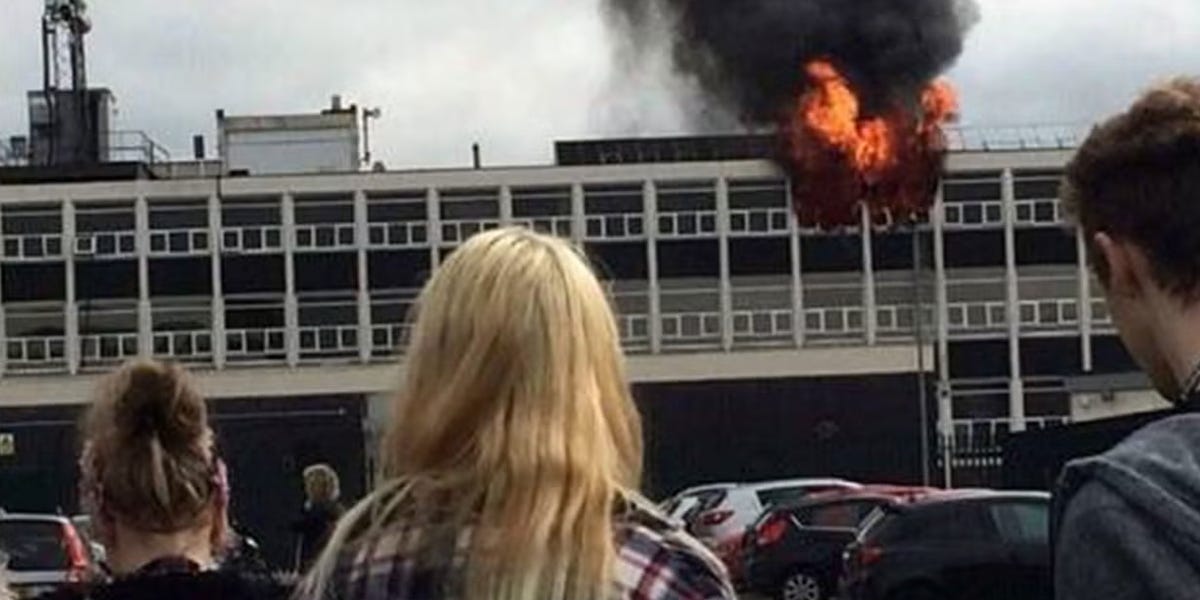
How Failure Made ‘Halt and Catch Fire’ Great
I watched and loved “Halt and Catch Fire” for four seasons. But not until I watched Saturday’s series finale did I figure out what the show was about.
In its first season, the AMC drama was about the personal-computer revolution of the early 1980s. Then it was about gaming and how the P.C. went from being a tool to an aspect of culture. Then it was about the social internet and online community. Then it was about the growth and commercialization of the World Wide Web in the mid 1990s.
In the Silicon Valley whose emergence the show chronicles, “fail fast, fail often” has become a glib entrepreneurial mantra. “Halt and Catch Fire” was more interested in failure as a condition of human growth. In its eyes, failure — chafing against limits — is painful and necessary.
It can even be, the series suggested, a form of art. In the show’s final season, Cameron Howe (Mackenzie Davis), a genius programmer who’s slightly too far ahead of her time, finished an adventure video game, “Pilgrim.” A critical magazine review destroyed it: the game was frustratingly hard, almost antagonistic.



